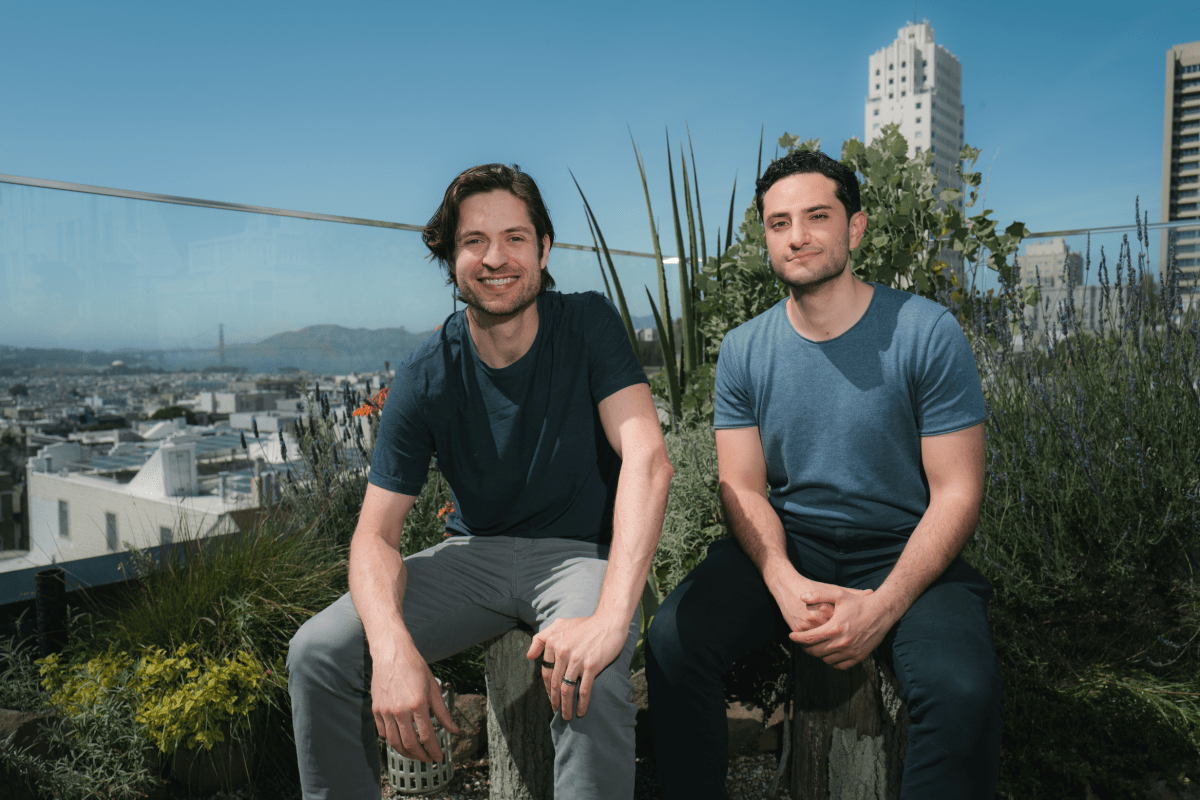Dietitian startup Fay has been booming from Ozempic patients and emerges from stealth with $25M from General Catalyst, Forerunner
For years, Sammy Faycurry has been hearing from his registered dietitian (RD) mom and sister about how poorly many Americans eat and their struggles with delivering nutritional counseling.
Although nearly half of all adults in the country are affected by chronic conditions linked to unhealthy diets, health plans have a limited number of in-network registered dieticians.
Faycurry decided to build a platform that would empower RDs, like his mom and sister, to start their own practices while being covered by insurance.
He began working on Fay, a startup that connects RDs with insurance providers and patients, when he was an MBA student at Harvard Business School in 2021. About a year into his effort, which Faycurry initially bootstrapped, he asked Mark Stefanski to join him as a CTO.
On Wednesday, Fay emerged from stealth after quietly raising $25 million from General Catalyst and Forerunner Ventures, with participation from 1984 and the founders of Grow Therapy and Maven Clinic.
Fay offers RDs a franchise model that has gained popularity among certain types of healthcare providers in recent years. The so-called business-in-box gives practitioners, such as dietitians and therapists, the tools for running their practices, including filing claims with insurance, receiving payments and being matched with patients.
“Insurance companies love it because their patients are getting healthier. And the dietitians love it because they can make almost five to eight times more money as independent practitioners with our platform than they earn in a hospital,” Faycurry told TechCrunch.
Other startups that have implemented this business model include Grow, a network for therapists that last month raised an $88 million Series C led by Sequoia, and Nourish, which, just like Fay, matches RDs with patients. Nourish closed its $35 million Series A in March in a round led by Index Ventures.
Fay currently has 1,000 RDs on its platform and allows people covered by Anthem, UnitedHealthcare, Aetna CVS, Blue Cross, Cigna, Optum, Humana and other insurance providers to use their services weekly or bi-weekly for the price of a regular co-payment.
“Payers and employers’ costs have been skyrocketing for a long time. Everyone’s saying diet, diet, diet, and then no one has been doing anything about it,” Faycurry said.
Curiously, many of Fay’s patients are people who take Ozempic and other GLP-1 medicines, which are currently being touted as miracle weight loss drugs. That’s because doctors who prescribe these medications require patients to see a dietician so they learn healthy habits. “We’ve seen people who lost 25 pounds, but they still have high cholesterol because they’re having a slice of bacon for every meal,” Faycurry said.
Nicole Johnson, a partner at Forerunner Ventures, said that her firm was impressed with Fay’s execution. “They got off to a really quick start and grew revenues at an incredibly fast pace while burning very little capital.” And Fay has big plans for future expansion into providing food for patients, Johnson said.



